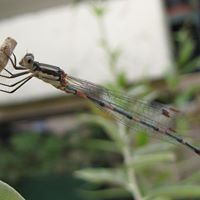Which type of fruit is this?
Mangosteen is a tropical evergreen tree with edible fruit native to Island Southeast Asia. Its exact origins are unknown due to its widespread cultivation since ancient times, but it is believed to have been somewhere between the Sunda Islands and the Moluccas.
It grows mainly in Southeast Asia, southwest India and other tropical areas such as Colombia, Puerto Rico and Florida, where the tree has been introduced. The tree grows from 6 to 25 m (19.7 to 82.0 ft) tall.
The fruit of the mangosteen is sweet and tangy, juicy, somewhat fibrous, with an inedible, deep reddish-purple colored rind when ripe. Seeds are almond-shaped and -sized.
Perhaps one of mangosteen’s most significant attributes is its unique antioxidant profile. Antioxidants are compounds that can neutralize the damaging effects of potentially harmful molecules called free radicals, which are linked to various chronic diseases.
Mangosteen contains several nutrients with antioxidant capacity, such as vitamin C and folate. Plus, it provides xanthones; a unique type of plant compound known to have strong antioxidant properties.
Research suggests that mangosteen may increase your number of immune cells and reduce inflammation — potentially boosting immune health.
Fresh mangosteen may be difficult to come by, as it’s a relatively obscure fruit. But canned, frozen, and supplemental forms are more common.
More Info:
en.wikipedia.org













